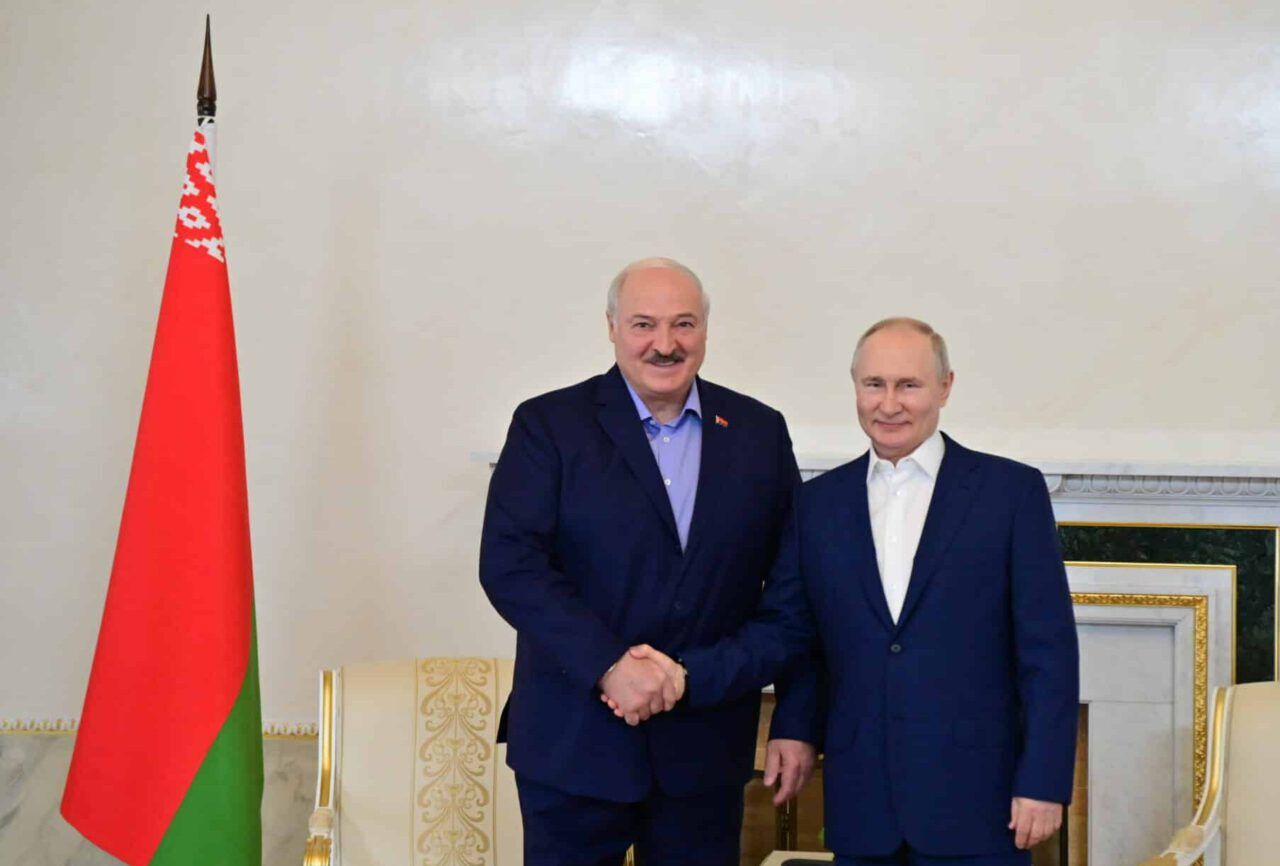Brussels, 3 August 2023
The European Commission welcomes today’s adoption by the Council of further targeted restrictive measures arising from Russia’s illegal invasion of Ukraine, and in response to Belarus’s involvement in the aggression.
In particular, the new measures create a closer alignment of EU sanctions targeting Russia and Belarus and will help to ensure that Russian sanctions cannot be circumvented through Belarus.
The measures expand the ban on exports to Belarus to a number of highly sensitive goods and technologies which contribute to Belarus’s military and technological enhancement. The Council also imposes an additional export ban on firearms and ammunition and on goods and technology suited for use in aviation and the space industry. The changes also align the Belarus sanctions with the Russia sanctions regime.
These restrictive measures are fast-tracked in view of the urgency linked to the fight against circumvention regarding certain highly sensitive goods and technologies. They are without prejudice to the remainder of the proposals presented by the High Representative of the Union for Foreign Affairs and Security Policy and Commission to amendDecision 2012/642/CFSPandRegulation (EC) No 765/2006on 26 January 2023, which remain on the table.
Background
The EU’s sanctions against Russia are proving effective. They are limiting Russia’s ability to wage war against Ukraine, including manufacturing new weapons and repairing existing ones, as well as hindering its transport of material.
The geopolitical, economic, and financial implications of Russia’s continued war of aggression against Ukraine are clear, as the war has disrupted global commodities markets, especially for agrifood products and energy. The EU continues to ensure that its sanctions do not impact energy and agrifood exports from Russia to third countries.
As guardian of the EU Treaties, the European Commission monitors the enforcement of EU sanctions by EU Member States.
In addition, the European Commission is determined to make every effort to ensure that the sanctions are implemented and is committed to combating their circumvention. As part of the11th package of sanctions against Russia, the EU has adoptednew anti-circumvention measuresin June 2023. The EU continues to work closely with third countries and will continue providing guidance and technical assistance on the scope of EU sanctions.
The EU stands united in its solidarity with Ukraine and will continue to support Ukraine and its people together with its international partners, including through additional political, financial, military, and humanitarian support for as long as necessary.
For More Information
Official Journal (Will be available shortly)
Source – EU Commission
Swedish government on new EU sanctions against Belarus
Published 03 August 2023
Ahead of the anniversary of the August 2020 presidential election in Belarus, the EU is imposing new sanctions in response to the increased domestic repression in the country. The measures are also in response to Belarus’s support for Russia’s aggression against Ukraine.
The EU is imposing sanctions against people responsible for oppression of the Belarusian democratic opposition and against companies with links to the Belarusian regime. The EU is also introducing increased export restrictions on goods and technology that can be used to strengthen Belarus’s war capacity.
“The Swedish Government condemns the restrictions on democracy and human rights that we continue to see in Belarus. With these new measures, Sweden and the EU are demonstrating that we stand on the side of the Belarusian people and support the country’s democratic forces. It’s important that we continue to put pressure on Belarus in light of the oppression in the country and its open support for Russia’s aggression against Ukraine,” says Minister for Foreign Affairs Tobias Billström.
The 2020 presidential election was held under undemocratic circumstances and followed by widespread popular protests. The EU does not recognise the election since it was considered to be neither free nor fair and therefore failed to meet international requirements.
After the 2020 election, repression in Belarus has continued to worsen. The number of political prisoners in the country has increased dramatically, and arbitrary detentions and politically motivated trials against human rights defenders and the democratic opposition have also increased.
Source – Swedish Government

